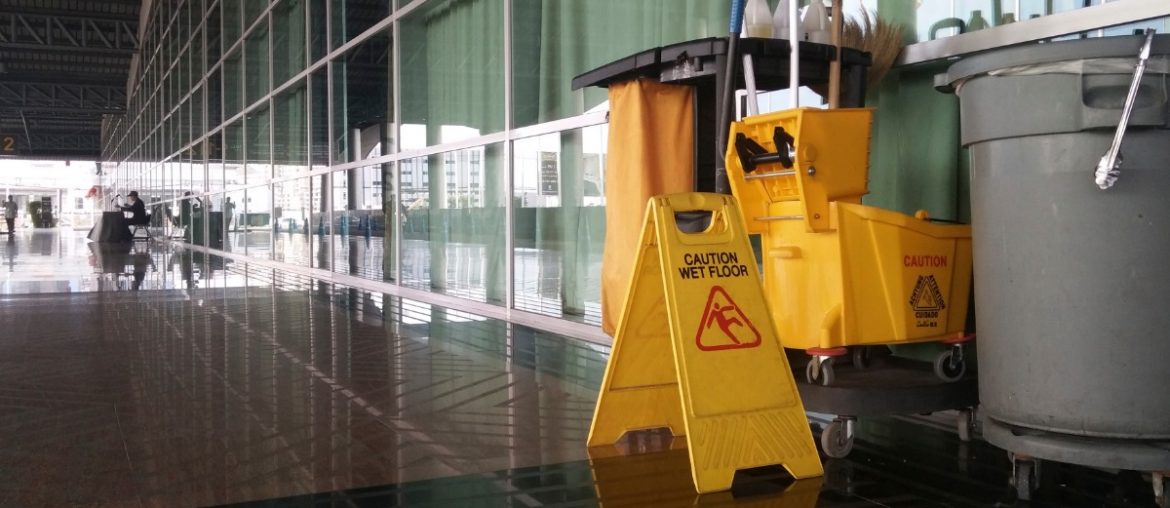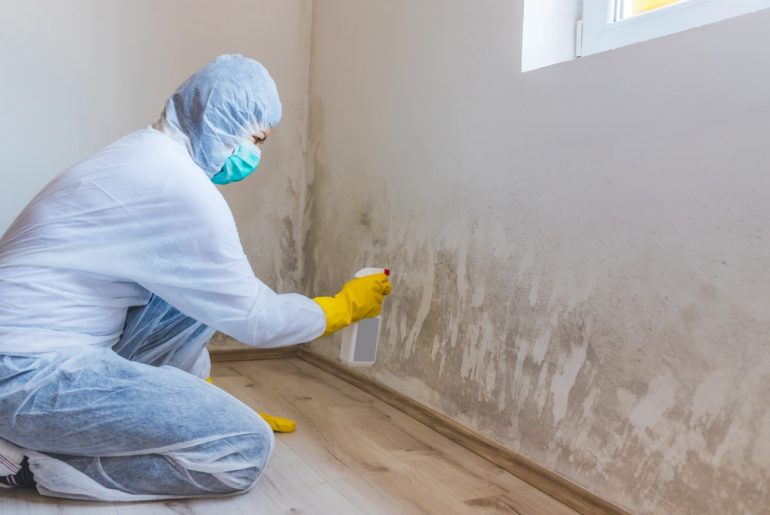Are you considering selling a cleaning business? Maybe you’re looking to make a change in both your career and livelihood. Perhaps your company is starting to take a downward turn, and you need to get out while you still can. Or, you might simply want to retire.
Whatever position you’re in, there are some things you need to contemplate and questions you need to answer before moving forward. Keep reading to learn the best things you can do to sell a cleaning business successfully.
Pre-Planning
When preplanning your sale, there are some steps you must take to ensure success. Below are some things you’ll need to gather and have ready. These tips will also help you figure out the value or selling price of your cleaning business.
Things such as accounting ledgers, overhead costs, and employee records should be figured out. Also, you need to round up any pending or current contracts. This includes a history of service and or longevity contracts.
You also need to figure out all assets like supplies, cleaning equipment, vehicles, and office supplies. Make a list of the different types of contracts you work with. You’ll want two kinds of contract inventories: Those for small contracts, and those for large ones.
Usually, people purchasing or investing in a cleaning business will want to see a lot of smaller contracts instead of a couple of huge ones. They’ll also want to see longevity with customers. You should also list your salesperson or sales team, in addition to letting them know if current employees will be staying on. And if so, how many?
Appraisal
Before you can sell your cleaning business, you need to determine what the total worth of the company is. You’ll need to figure out your net income.
If your business brings in $300,000 per year and your expenses come to $200,000, your net income is $100,000. If a prospective owner won’t be working in the business and needs to hire someone, you need to figure in that salary.
Provided they’ll be paying whoever they hire to put in their/your place, then the net income is reduced to $50,000. This number, either $100,000 or $50,000, is what’s called “free cash flow.”
Now you want to go back three years and figure out the “free cash flow” after each year. You want to determine if it’s gone up or down. You’ll also want to figure out why it’s fluctuated in whatever way it has. This will go a long way to help your business sell quickly.
When you provide the future owner with this, they’ll have a clear idea of where the cleaning business is going and where it’s been. If your business or net income has declined, then you should provide the prospective buyer with good reasons why.
Also, you’ll need to give them a reason or ways it can change and become more profitable. If the business has increased each year, explain to them the things you did to keep growing. When it’s time to negotiate, you should use the guideline of asking for ten times the last year’s net income. You can also take some time to study-up on negotiation tactics.
You’ve already done part of the work during your initial pre-planning process. In reality, you can put the company up for sale at any price you choose. However, that isn’t what you should do. The best way to sell a cleaning business is by thoroughly determining the value of the company.
You want to make the best profit you can while offering a fair price to be competitive in the marketplace. You can do some of these calculations to get an idea of the company’s value and what you should be selling it for.
Figure out these numbers and take the average of all of them. 650% of your equity as an owner. 450% of what you determined is your net income. Also, use 80% of net sales and 70% of annual revenue. Once you get the number, factor in furniture, equipment costs, and any other assets, this will give you a ballpark figure, and you can go from there, depending on the marketplace.
To determine where the market is at for selling a cleaning company, you should do some online searches while asking any other local cleaning company owners what their thoughts are.
Exit Strategy
Knowing your best exit strategy is extremely important. Two things to have in mind are: How much money are you going to get for the sale of your business, and how are you going to get your money?
Is Liquidation Right for You?
When you embark on an exit strategy for selling your business, you first need to figure out if liquidation is right for you, and if so, which type would work best. There are two ways to go about liquidating your cleaning business. You can do it fast or spend several years downsizing.
You may be in the position where you need to close up shop and ditch everything ASAP. This is usually done when it’s a one-person business. However, you should think about re-strategizing your business and putting it in an excellent position to sell first.
Remember, if you do liquidate your business, you’ll get the worst ROI (Return On Investment). Think about all of those contacts you’ve made in the industry. All of those relationships you developed over the years are thrown down the toilet.
That’s why liquidation is not usually a smart thing to do. At the very least, you can sell those contacts, assets, and the goodwill you’ve built with customers to someone ready to jump in and do the work.
Find a Buyer
When considering your exit strategy, you should first look within. One or more of your employees may want to take over the company. Perhaps a family member is interested in taking over? However, if you do turn the business over to a family member, you need to consider problems that might arise. In that case, a clean break from the company is in everyone’s best interest. Still, some studies have shown that working with relatives has some surprising benefits.
One great thing about selling a cleaning business to one of your employees is that you can groom them before you leave. You can take some time over a few months and have them shadow you. This will ensure a smooth transition and set the future owner of your company up for success.
Maybe the business still means a lot to you after you part ways? If that’s the case, you can perhaps stay on as an advisor or consultant. When you’re selling a cleaning business to employees, you can establish a long-term buyout plan with them. They will take pride in the industry and strive to make it better because they now or soon will have a stake in the company.
Consider an ESOP (Employee Share Ownership Plan). An ESOP is a company equity stock plan that allows employees to take over the eventual ownership of the business.
ESOPs are also a great hiring tool. They increase productivity and are a great source of capital. They work best with medium to small businesses, and you can relinquish anywhere from 1% to 100% of the company when you’re ready. You can also simply sell your cleaning business as a straight purchase to your employees.
Please stay safe out there during the COVID-19 pandemic. For some more advice to help you with your business during these strange times, check out WorkWave.
The Open Market
The number one way to sell a cleaning company is on the open market. This works exceptionally well if you have a successful business. In that case, it should be a quick process. If your cleaning business is profitable, it will attract buyers in a short amount of time.
Also, you can get extra money from the sale of assets and goodwill when selling a cleaning business on the open market. You should keep in mind that if your business is only marginally profitable, it will take much longer to sell. Also, you may get much less than your asking price if this is the case.
Assess the Risks
Now it’s time for some risk assessment. This isn’t mandatory, and any potential buyer will probably want to perform his or her own risk management study. However, this will please the potential buyer if you do it for them and will also speed up the process of the sale or negotiation.
With a small cleaning business, you won’t have to figure out much. You need to determine your internal and external risks. Internal risks are things like employee production and waste of both resources and time. Also, any procedure or infrastructure issues should be part of an internal risk assessment.
As for external risks, they are typically data-driven. They rely on market competition and economic status or the current and future business climate.
Final Thoughts
Now it’s time to find a buyer. We’ve mentioned a couple of ways to go about it above; however, you may not be keeping it in the family or selling it to employees. The best way is to use a business broker if you can afford it. If not, there are several websites, such as Biz Buy Sell or BizQuest.
You can even try Craigslist to advertise. Another thing you can do is take out an ad in an industry publication. Also, tell anybody you come across that you’re thinking of selling. It’s not too difficult to sell cleaning businesses, it just takes a little know-how.
Now you’re armed and ready to make a successful sale. Simply follow these steps above, and you’ll come out feeling good about the sale of your cleaning business.




